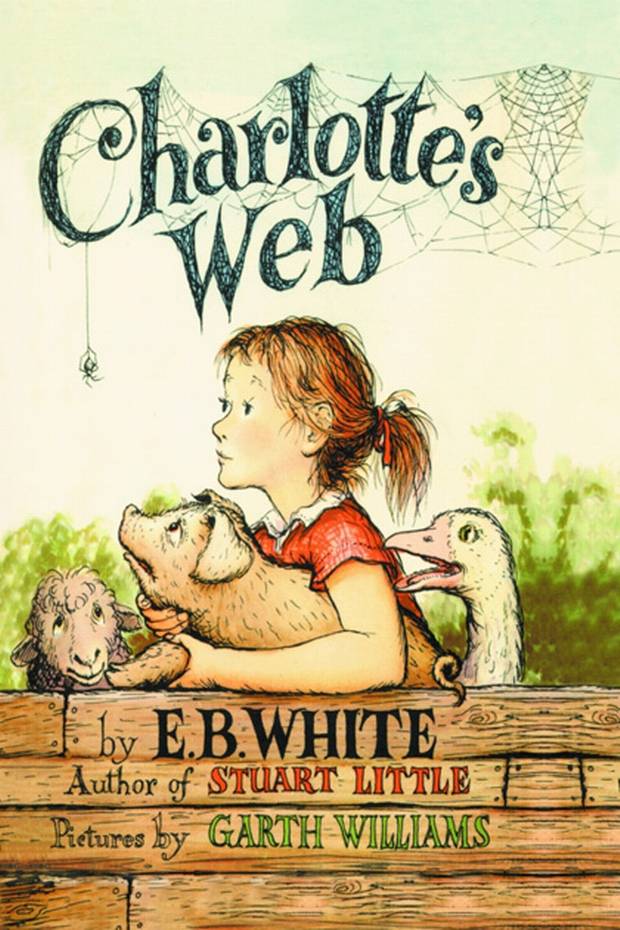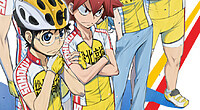
It doesn’t really matter what the list is or what it’s measuring, there’s bound to be a critic and there’s guaranteed to be a sore spot for a book, film, song, or other content that didn’t make the cut. That’s the sentiment behind a really insightful post on The Passive Voice over a list of the best children’s books of all time. The post, which links to an article in The Telegraph that focuses on a BBC Culture poll, outlined the top children’s books of all time, as nominated by critics worldwide and narrowed down to a list of the top twenty-one.
It’s no surprise that EB White’s 1953 Newbery Honor title Charlotte’s Web was the number one pick. It’s a beloved classic in which good and animal love triumph, and has been adapted for both live-action film and animated feature, as well as enjoyed a sequel. But the rest of the list has caused more than a little head scratching, and some very insightful readers have explained wherein the problems lie.
The complete list includes (in order):
- Charlotte’s Web – EB White
- The Lion, the Witch and the Wardrobe – CS Lewis
- Where the Wild Things Are – Maurice Sendak
- Alice’s Adventures in Wonderland – Lewis Carroll
- Little Women – Louisa May Alcott
- The Little Prince – Antoine de Saint-Exupery
- Winnie-the-Pooh – AA Milne
- Charlie and the Chocolate Factory – Roald Dahl
- A Wizard of Earthsea – Ursula Le Guin
- A Wrinkle in Time – Madeline L’Engle
- The Little House on the Prairie – Laura Ingalls Wilder
- The Wind in the Willows – Kenneth Grahame
- From The Mixed Up Files of Mrs Basil E Frankweiler – EL Koenigsburg
- The Phantom Tollbooth – Norton Juster
- His Dark Materials trilogy – Philip Pullman
- Matilda – Roald Dahl
- Harriet the Spy – Louise Fitzhugh
- Pippi Longstocking – Astrid Lindgren
- The Secret Garden – Frances Hodgson Burnett
- Goodnight Moon – Margaret Wise Brown and Pat Hancock
- The Hobbit – JRR Tolkien
As you can see, it’s not hard to understand where the problem begins for many readers who criticized this list. First, there’s only one title(s) on the list that was published after 1990, and that’s Philip Pullman’s trilogy. This led to a lot of criticism due to the fact that adults are thinking back to their own early reading experiences and declaring their own attempts at learning to read and beginning to love books, then deciding that the way it all came together for them must make it the best.
What’s more telling is what’s not listed. Where are the Dr. Seuss titles? The Harry Potter series? Shel Silverstein? Patricia Polacco or Laura Numeroff? Kate DiCamillo and her entire canon of work? More than that, where are the more internationally diverse authors? If these books were nominated by critics around the world as the poll stated, how is it there were no books written by authors from anywhere other than the United States or Europe? Where are the books written and devoured by today’s young and emergent readers, books who’ve had the power to transform literacy education in the way that Seuss has, or have brought to light historical and human rights issues the way Polacco’s have?
One commenter on the Passive Voice blog post pointed out a very telling comparison to the formation of this kind of list and the current state of publishing, and that’s the “gatekeeper” mentality. These books were deemed worthy of the honor of best books for children, although admittedly it was based on the critics’ own opinions. That’s the unfortunate nature of traditional publishing, which is this opinion-based mechanism in which a small number of individuals have the authority to determine what the public will read. It’s a model that authors are turning away from, and hopefully readers will at least take with a grain of salt when determining which books are the best.
Mercy Pilkington is a Senior Editor for Good e-Reader. She is also the CEO and founder of a hybrid publishing and consulting company.
